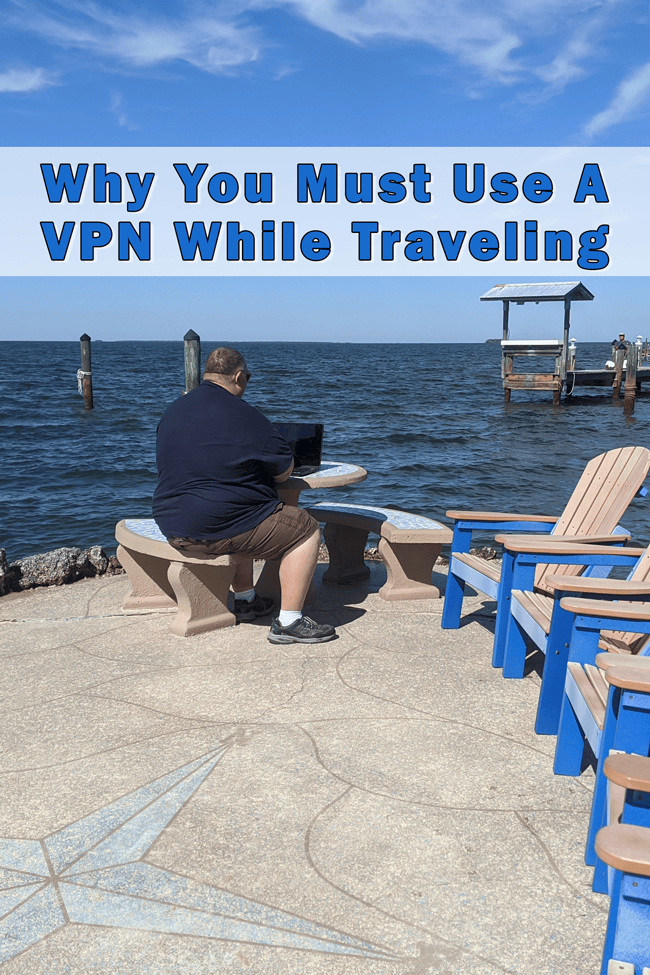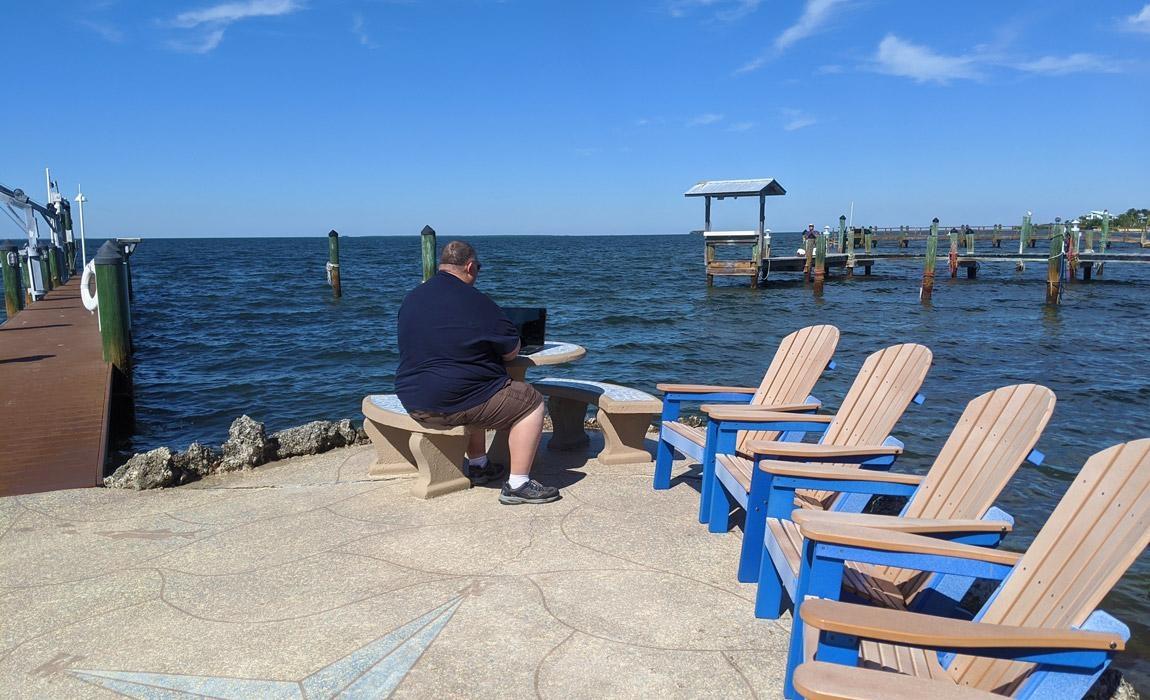In years past, the word "VPN" was dark and scary. It was a word that people associated with hackers and criminals rather than people like you and I. Today though, having a good VPN is essential for protecting your online privacy from being snooped on as well as being able to break through geo-locked services so you can surf like you do back home.
The folks over at Surfshark send over some reasons why a VPN should be used while traveling, but we want to add a couple more to their list, so here we go!
Protect Your Internet Connection At Hotels and Public WiFi Hotspots:
This is the single biggest reason why using a VPN is more than just a "nice thing to have". Unfortunately, there are bad people out there just waiting for you to give them access to your phone, tablet, or laptop. It's WAY EASIER than you'd think and I've even done some testing to see what would happen if I decided to look around myself. It's scary and it WILL happen to you ... just as it has happened to me.
Simply put, when you are connecting to a network that isn't your private one at home, everyone on that network can see everything else going on. On top of this, you don't know if the owner of that hotspot is doing something funky to track users and log keystrokes so they can steal your passwords and files. I had this happen on a cruise a couple of years ago and while things worked out ... I now use a VPN all the time when I'm traveling.

Access Audio and Video Streaming Away From Home:
I'm not sure if you've ever noticed but when traveling internationally, certain services like Netflix will have content blocked based on where it thinks you are. That could be as basic as an airline reservation system showing you different prices or it could be that you can't stream your favorite show. While mobile devices can still report GPS coordinates most devices use the IP address to determine where you are. If you are at an internet cafe in Croatia then it will show you content allowed there.
However, if you fire up that VPN and connect to a server in California then the services should work as they do back home.
Access Websites Being Blocked Based On Your Location:
Streaming and entertainment isn't the only content that is blocked by location. While most of us aren't traveling to countries where websites and services are blocked, this is important for some of us. By using a VPN in a country that censors the Internet, you can maintain proper access to your favorite sites. However, do be aware that this might be breaking local laws so check that out before using it and be discrete if you think there might be an issue.
Access Websites Blocked Based On Content Filters:
Countries aren't the only entities blocking sites. Sometimes it's as simple as a library or restaurant enabling a child-safe filter. I'm certainly not advocating that you look at "adult content", some of these content filters block medical content and other topics that it thinks might be unsafe. By using a VPN though, you can usually bypass these blocks and browse whatever sites you need.
Avoid Tracking Cookies, Ads, and Malware:
Most computers and even mobile devices have some sort of malware protection but one thing I like about some VPN services is that they can help block those before it even gets to your device. Just like with many things in life, an ounce of prevention is worth a pound of cure.
Whatever VPN you choose, make sure to look at all the features and speed ratings. While some are more advanced (and costly) with high-level anonymity, that often comes with a price as far as the speed and latency. Instead, look for wording that the VPN has been tuned for use with streaming services, has apps for both mobile, desktop, and even game systems, and how many devices you can use at the same time. For instance, your fancy new VPN isn't going to protect you if you fire it up and discover that only your laptop is connected by your phone and tablet are waiting to be hacked into!
